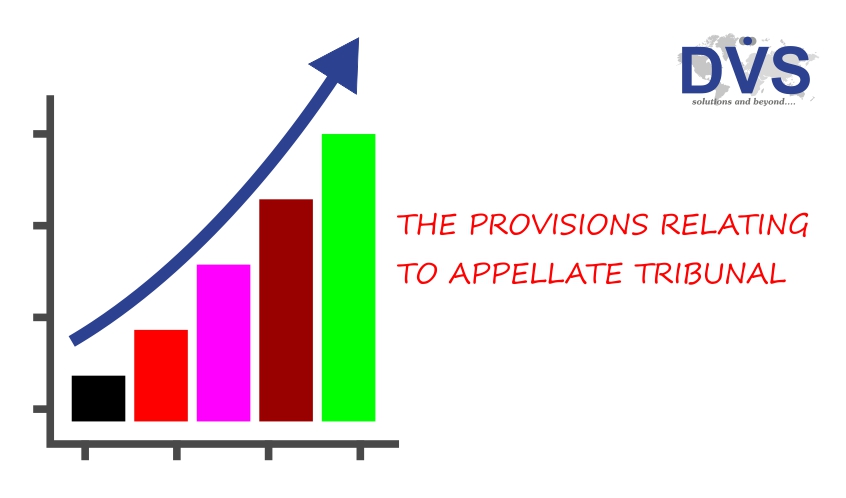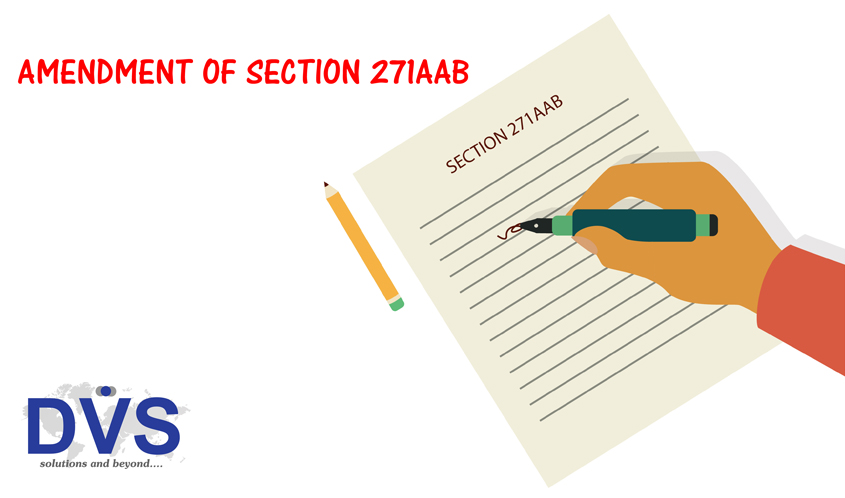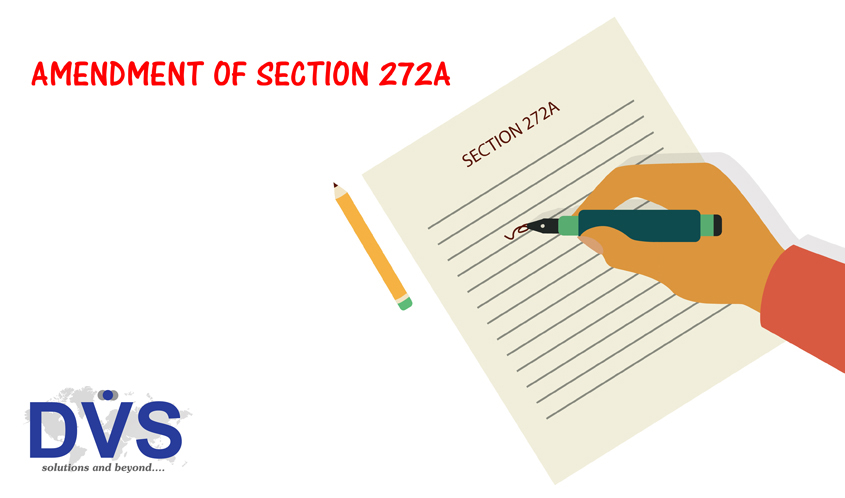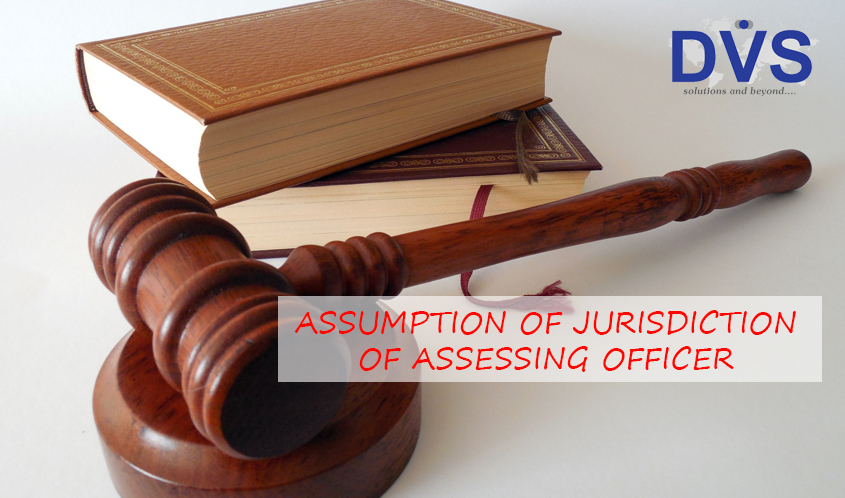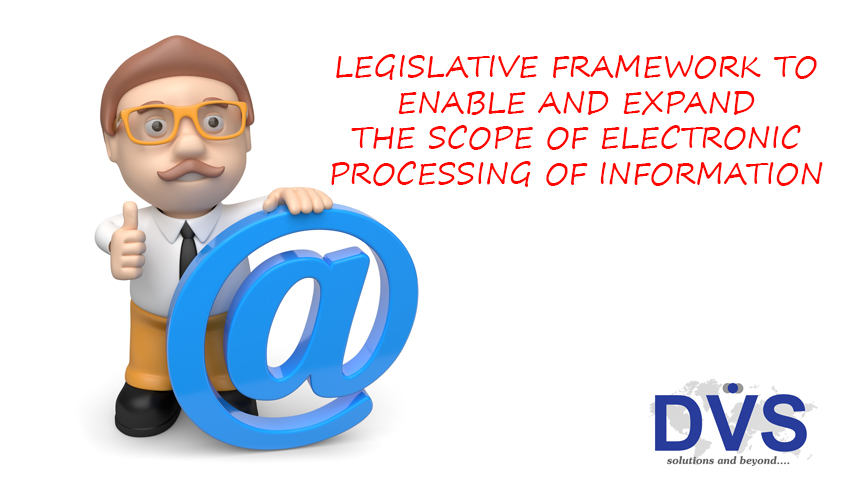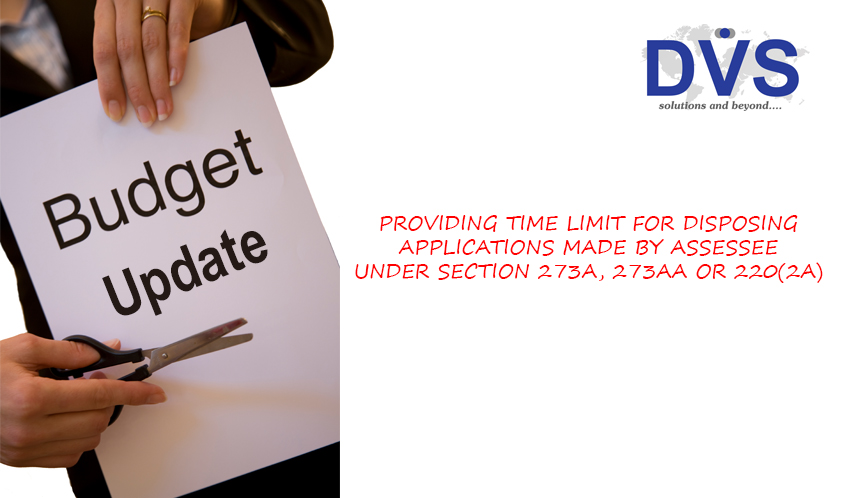Under the existing provisions, tax treatment for National Pension System is EET (Exempt, Exempt and Tax) i.e. periodic contributions are allowed as deductions from income, interest accrued is exempt from tax and lump sum withdrawal are taxable. However, under Recognised Provident Funds and Super Annuation Funds, the treatment is EEE (Exempt, Exempt and Exempt) i.e. withdrawals are also exempt from tax.
It is proposed that any payment from National Pension System on account of closure of pension scheme shall be exempt upto 40% of such amount. However, if the amount is received by the nominee, because of the death of assessee, the entire amount shall be exempt from tax.
In order to bring uniformity in tax treatment of different plans, it was proposed that in respect of contributions made on or after 01.04.2016 by an employee participating in recognised provident fund and super annuation fund, withdrawal upto 40% shall be exempt from tax. Further, the balance 60% shall be exempt from tax only if the withdrawn amount is invested in annuity.
Further, it was proposed to increase the limit of employer’s contribution to an approved super annuation fund from Rs. 1 lakh to Rs. 1.5 lakhs, upto which no tax shall be charged in the hands of employee.
In addition, exemption is proposed to be provided to one-time portability from a recognised provident fund to National Pension System. Additionally, payment from an approved superannuation fund by way of transfer to the account of the employee under NPS and notified by the Central Government shall be exempt from tax.
It shall be noted that the Public Provident Fund (PPF) withdrawals shall continue to be exempt fully.
These
amendments are proposed to be made effective from the 1st day of April,
2017 and shall accordingly apply in relation to assessment year 2017-18
and subsequent years.
However, the proposed changes of charging the
withdrawal amount upto 60% for recognised provident fund and
superannuation fund is subsequently withdrawn owing to political
compulsions. Further the decision of imposing monetary limit of 1.5 Lacs
has been withheld. Though the intent of the Government to make a
pensionable society is certainly laudable the manner in which the
implementation happened has forced them to roll back. However the
benefit of 40% exemption is now available for withdrawal from National
Pension Scheme.

